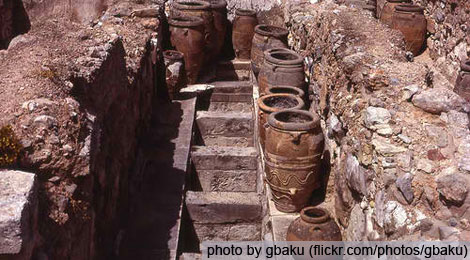
Archaeology, anyone?
Historical research has leaped beyond bounds, what with modern equipment and advanced technology. Take the study of Archaeology which helps so much in the progress of knowing the past. Hobbyists or students of history delve into the past by digging ancient historical sites or any place of interest which they suspect has some buried artifacts, and get information from the ancient things discovered.
One of the methods that make the work of archaeologists and historians easier in their search is by metal detecting. These digging works, of course, need permission to be granted by the landowner in sites of special scientific or historical interest to make them legal. A metal detector can be used for these activities. Even those interested in the history of wars between countries to enlighten the present generation of what happened in the past use metal detectors to search for weapons and ammunition hidden or buried in ancient historical places.
One can browse over the Internet for different brands and types of metal detectors, for historical research or whatever purpose one needs it. Those looking for a specific feature at a certain budget can consider a Garrett metal detector as this brand comes in a wide range of pricing and functions. For hobbyists, there are the Tesoro basic hand-held metal detectors, while serious treasure hunters can choose the Fisher Labs brand for more advanced functions.
Nowadays, I associate metal detectors with security checks in most public places especially airports. Other than archaeology and historical research, some consider metal detection as a hobby, while others regard it as an important tool in the profession of treasure-hunting.




